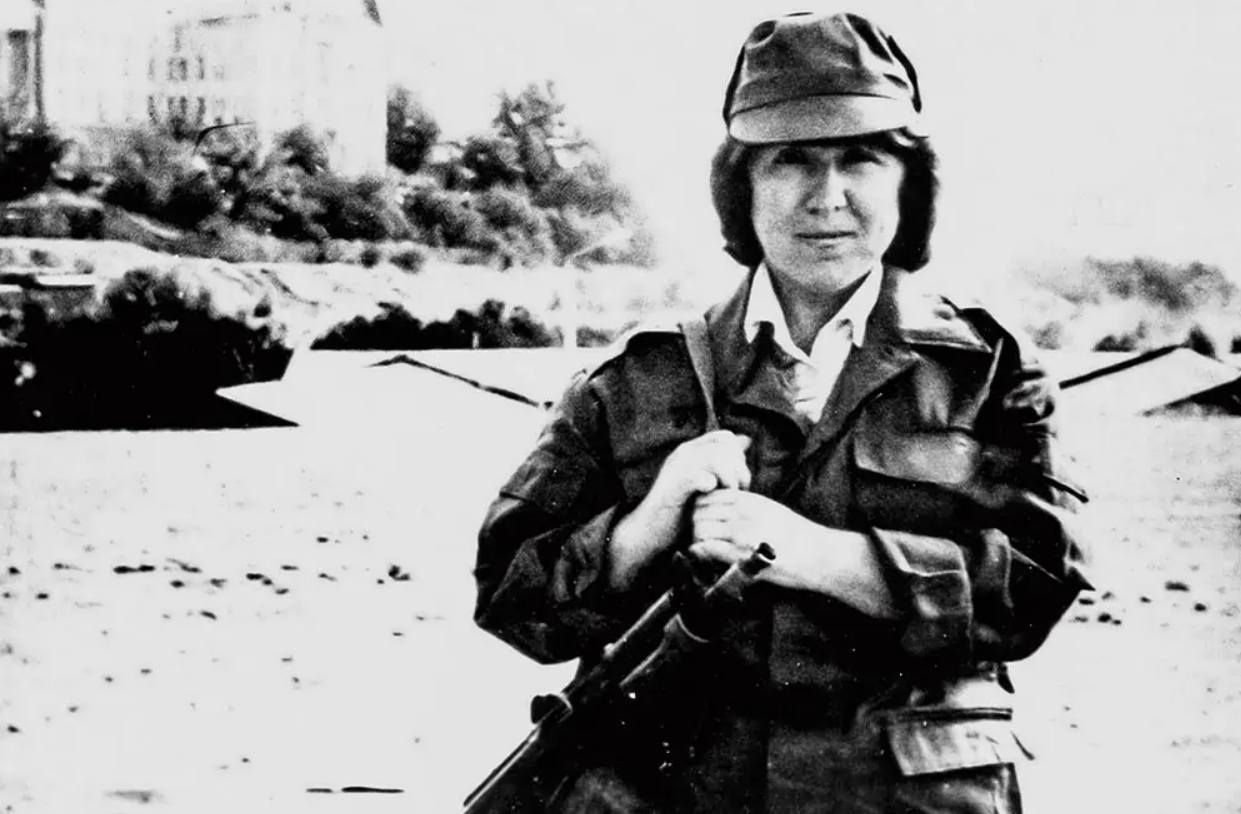A FACE TRAUMÁTICA DA GUERRA NA UCRÂNIA

Por José Paulo Fiks
“O ser humano é maior que a guerra”
A escritora bielorrussa, mas também com raízes ucranianas Svetlana Aleksiévitch venceu o Prêmio Nobel de Literatura de 2015. Jornalista, ela se notabilizou por longas entrevistas com sujeitos representativos de vários eventos passados em sua região natal, agora espantosamente coincidindo com o foco mundial do momento, a Ucrânia.
Seus livros mais conhecidos, A guerra não tem rosto de mulher, Meninos de zinco, Vozes de Tchernóbil, As últimas testemunhas e O fim do homem soviético foram todos lançados no Brasil (Ed Cia das Letras).
Dona de uma linguagem típica de sua cultura de origem – bela, poética, mas certeira e aguda – Svetlana coloca em palavras o testemunho da “pessoa comum” perante o espanto, o horror, a surpresa, o desconhecimento, o preconceito, mas sobretudo diante de situações potencialmente traumáticas.
Sua grande especialidade são a utopia e a “decadência” do povo soviético e suas consequências. Se sua escrita iluminava o encadeamento absurdo da tragédia de Tchernóbil (transformadas em seriado de sucesso e prêmios pela HBO), hoje seus livros se tornam material necessário para o entendimento do conflito atual da Ucrânia.
Em apenas uma frase Svetlana consegue resumir o assombro que vivemos com essa nova e anacrônica guerra:
“Se você olhar em toda a nossa história, tanto soviética quanto pós-soviética, ela é uma enorme vala comum e um banho de sangue”.
By José Paulo Fiks
“The human being is greater than the War”
The Nobel Prize writer of 2015 Svetlana Aleksiévitch, borned Ukranian and raised in Byelorussia, who wrote about her interviews with witness testimonies in conflict regions, reminds us about the war in Ukrania.
Her most recognized books War Unwomanly Face, Zync Boys, Chernobyl Prayer, and The Last Witnesses were all translated and published in Portuguese.
Her writing style represents her roots, being a daughter of a Byelorussian father and Ukranian mother, she is poetic, and at the same time sharp. She can describe the suffering of witnesses about feelings of terror, surprise, prejudice, and others related to traumatic experiences.
She mainly writes about the utopian idea and decadency of the Soviet Union and its consequences. Her book about the tragedy in Chernobyl, that was the base for a HBO series, highlighting the absurd sequence of events, could help understand the present conflict in Ukrania.
In just one sentence Svetlana expresses the horror that we all live with this anachronic war:
“if you look close in our history, while in the Soviet period or after it, it is a huge hollow and a blood bath”.
